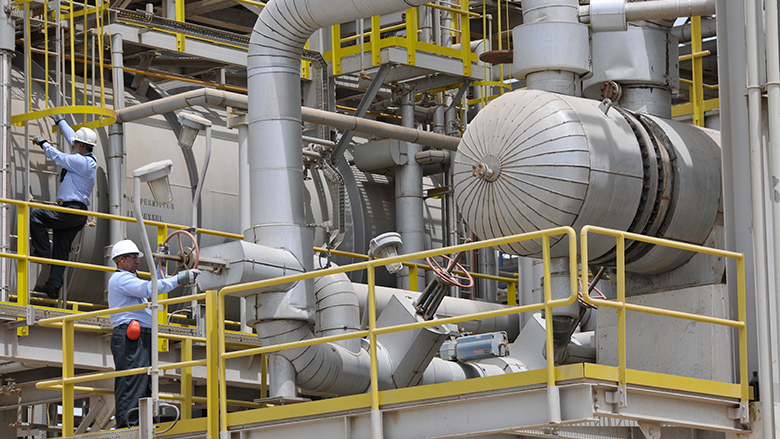
Bahrain Petroleum Company (Bapco) refinery laid the foundation stone for their $4.2bn modernization project on March 5, 2019.
The ebullating bed Resid Hydrocracking process, using LC-Fining™ technology licensed from Chevron Lummus Global, provides high conversion of residues selectively to liquid products and high removal of metals, sulphur and CCR from difficult feedstocks. The expectation is to convert 78 per cent of lower grade feedstock into distillates which will then be refined into high margin diesel and kerosene.
The project engineering, procurement, construction and commissioning (EPCC) was awarded to TechnipFMC, jointly with Samsung Engineering and Tecnicas Reunidas. Completion is slated for 2022.
It includes the following main units: Residue Hydrocracking Unit, Hydrocracker Unit, Hydro Desulfurisation Unit, Hydrogen Production Unit, Hydrogen Recovery Unit, Crude Distillation Unit, Vacuum Distillation Unit, Sulfur Recovery Unit, Sulfur Solidification Unit, Sulfur Handling Facilities, Tail Gas Treatment Unit, Sour Water Stripper Unit, Amine Recovery Unit, Bulk Acid Gas Removal Unit, Saturated Gas Plant, and Utilities.
The project will also include a delayed coker unit, which is intended to produce coke from heavy refining residues which is a raw material in electrodes production for the aluminium industry. The coke can be used by the nearby Aluminium Bahrain’s (Alba) calcine unit.
They also have the option for Fluid Catalytic Cracking (FCC) and Resid FCC (RFCC) processes, said the Kingdom’s Oil Minister Shaikh Mohammed bin Khalifa Al Khalifa.
BAPCO refinery has a current production capacity of 267 thousand barrels per day (MBPD). This modernization project could increase throughput up to a maximum of 380 MBPD.







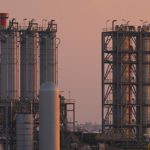



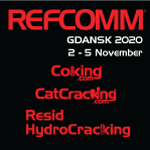
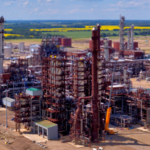
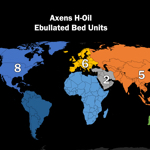
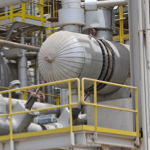
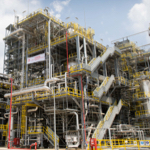
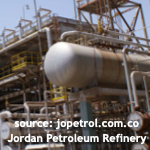
Leave a Reply